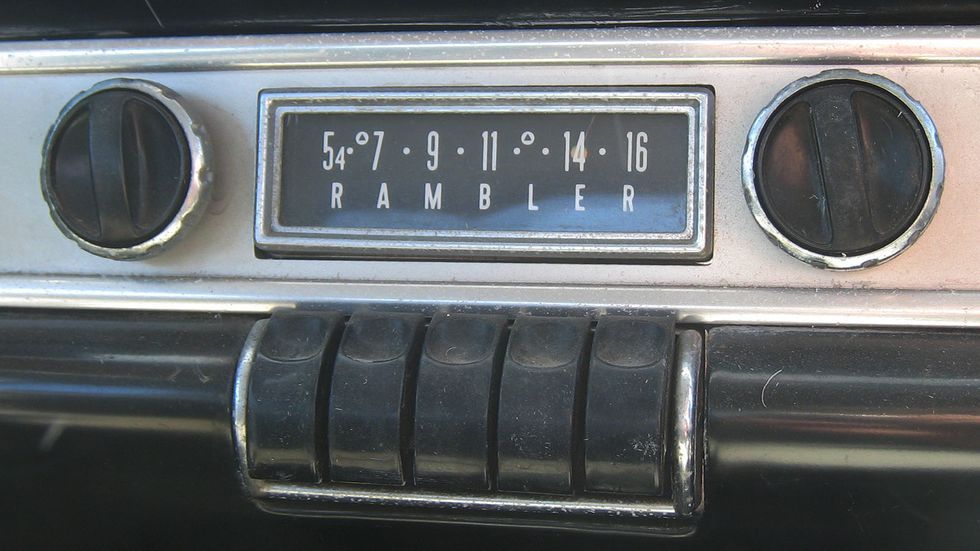History Knocked About
September 30, 2021
News is the first rough draft of history.
An observation primarily attributed to former newspaper publisher Philip Graham. The original news stories surrounding Chairman of the Joint Chiefs General Milley’s phone conversations with the Chinese offer examples of how rough those drafts can be.
Photo Credit: Sarahbeth Maney/The New York Times
The Washington Post
and The New York Times
were the first to report on those conversations. They based their reporting on information from a then soon to be released book, Peril, co-authored by another reporter and Washington Post associate editor, Bob Woodward. The Post’s
September 14th online headline declared, “Top general was so fearful Trump might spark war that he made secret calls to his Chinese counterpart, new book says.” The Times’
online headline read, “Fears That Trump Might Launch a Strike Prompted General to Reassure China, Book Says.”
Countless studies attempt to understand how American’s get their news. Regardless of how they get it, most people admit to spending little time doing it. Often time just reading headlines.
The headlines of these stories tell a dark tale of an American general so concerned the president might start a war on his own he reached out to a Chinese general to reassure him all was well. The few people who read the articles needed to go to the fourth paragraph of the Post
piece to learn that Milley didn't just pick up the phone on a whim and call his Chinese peer. He was responding to intelligence reports the Chinese believed the United States was preparing to attack. Readers needed to go to the eleventh paragraph to learn this in the Times
account.
In the days following, reporters from other media outlets reported on these reports on the reporter’s book. (Yes, that sentence is correct) There were partisan calls for Milley's head, and columnists and television talking heads praised his patriotism or declared him a traitor. Statements out of Milley’s office said he was just doing his job.
A week later, General Milley testified before the House Arms Services Committee on the United States’ withdrawal from Afghanistan. The General used this time to also address his actions outlined in Peril. Both The Washington Post
and The New York Times
reported on this portion of his testimony. The Times
included it as part of their reporting on his overall testimony, and the Post
covered it separately. They included references to the testimony as well as direct quotes. The General’s remarks
on this subject, either watched in their entirety or read in a transcript, do a much better job of illustrating that he wasn't acting on his own but following the rules and protocols firmly established on how he is to conduct himself as Chairman of the Joint Chiefs. Furthermore, he coordinated his actions before and after with other government officials.
As part of his testimony, Milley submitted documentation to support his version of events. He offered to provide further documents, emails, phone logs, memoranda, and witnesses. The authors of Peril base their book on interviews from unnamed sources. Exact quotations and their conclusions are drawn from participants in the events. Milley does admit he was one of those sources. However, during his testimony, he also said he hadn't read Peril
to determine the accuracy of the authors' reporting on his input.
The first rough draft of history produced between the initial reports of Milley’s calls and his testimony a week later is at times inaccurate, misleading, misinterpreted, and sensationalized. Initial reports rarely serve history, and in this case, history would have been better off if these first rough drafts had made their way to where most first rough drafts belong, the trash can.
In today’s partisan, volatile, and reactionary environment, the media might consider roughing up history a little less and clearly stating the facts a little more.
Like what you read?
Subscribe to my mailing list and get notifications to your inbox when my next blog post goes live.
Contact Us
More By Joe



